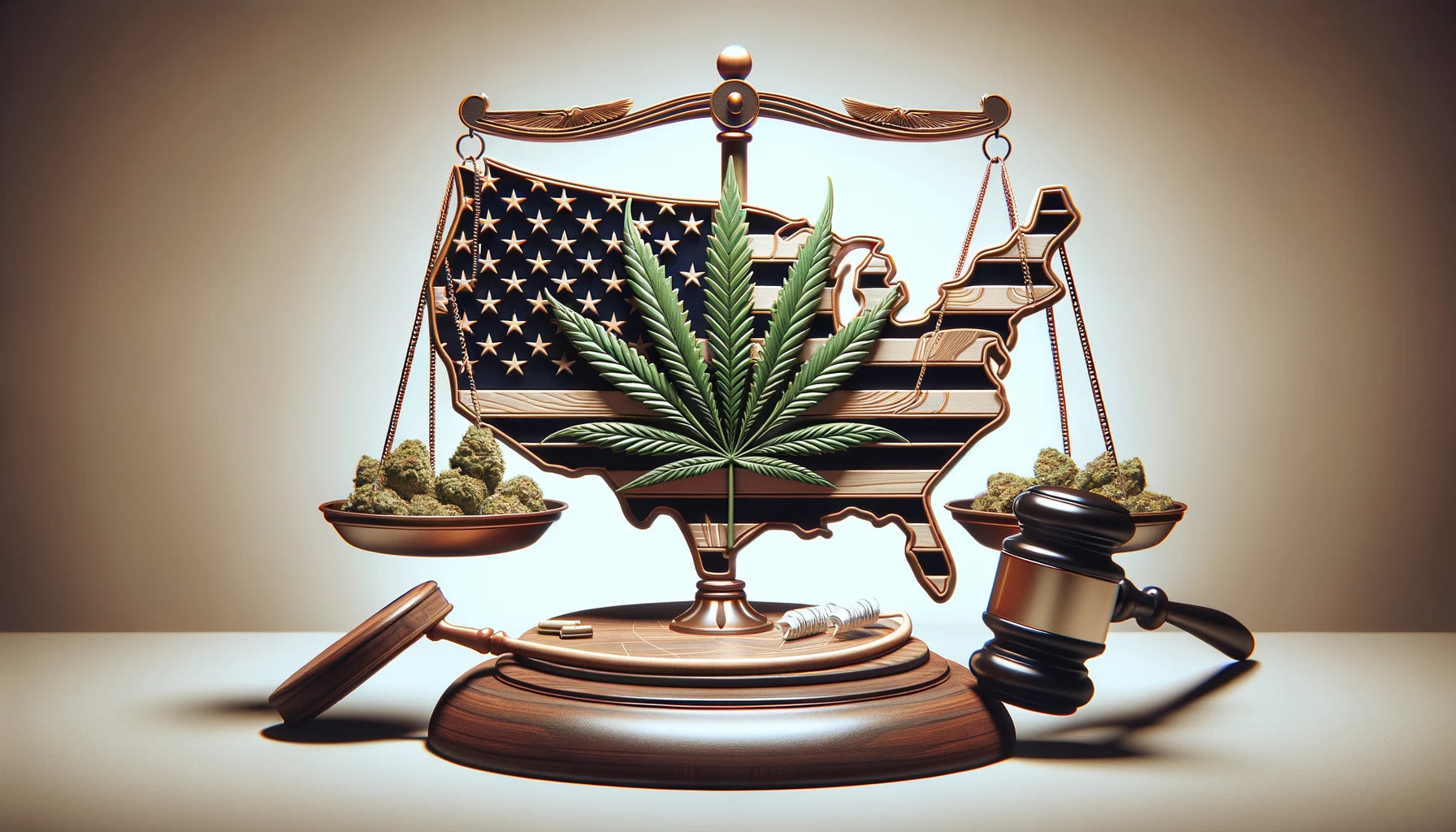The Evolving Landscape of Federal Marijuana Legalization in the U.S.
In the ever-shifting landscape of federal marijuana legalization in the United States, a significant shift seems to be on the horizon. The Department of Health and Human Services (HHS) has recently recommended that marijuana be reclassified from a Schedule I to a Schedule III drug under the Controlled Substances Act (CSA). If taken into account, this would mark a pivotal moment in the nation’s approach to cannabis, altering its status from a drug likened to heroin and LSD to one that recognizes its medical potential.
What Does Rescheduling Mean?
Cannabis, currently as a Schedule I drug, is considered to have a high potential for abuse and is not recognized for medical use by the Drug Enforcement Administration (DEA). Moving it to Schedule III would acknowledge its medical applications. This change could have significant economic implications for the marijuana industry, notably eliminating an IRS code that prevents cannabis sellers from claiming tax deductions for business expenses. This provision has been a significant burden for small cannabis businesses, so its removal could save the industry hundreds of millions annually.
A Game of Wait and Watch
With HHS making its stance clear, the ball is now in the DEA’s court. They have the ultimate decision-making power on the scheduling of substances. While the Biden administration had hoped to announce a decision by the fall of 2023, the timeline for the DEA’s public review process remains uncertain.
The White House, maintaining its stance on the independence of the review process, has refrained from commenting on President Biden’s current position on federal marijuana decriminalization.
A Ripple Effect on Capitol Hill
The HHS recommendation has garnered support from Capitol Hill, with Senate Majority Leader Chuck Schumer lauding the decision and urging the DEA to act swiftly. Advocates for marijuana legalization view this move as a monumental one, signifying the federal government’s formal acknowledgment of the medical benefits of cannabis.
However, there is a shared sentiment that merely rescheduling cannabis isn’t enough. To truly resolve the discrepancies between state and federal laws on marijuana, it must be removed from the Controlled Substances Act entirely, a view echoed by the Cannabis Industry Association.
Political Implications
The conversation around federal marijuana restrictions isn’t limited to health and economics; it’s deeply political. With the upcoming presidential election, both parties hope to use the marijuana debate to their advantage. While a majority of Americans support legalization, there’s a diverse spectrum of views within the political arena. Some Republicans, like Florida Reps. Matt Gaetz, Greg Steube, and Brian Mast, advocate for rescheduling, while others, like Florida Gov. Ron DeSantis, remain staunchly opposed.
Banking the Green
Alongside these developments, there’s a bipartisan push in Congress to streamline banking services for legitimate cannabis businesses. The SAFER Banking Act, which aims to address this, is a top priority for Senator Schumer. However, the potential government shutdown could throw a wrench into the process.
The HHS’s recommendation to reclassify cannabis signifies a turning point in the U.S.’s perception of marijuana. While this is a significant step forward, it’s evident that the journey toward federal marijuana legalization is intricate, influenced by a blend of economic, health, and political considerations. As the nation watches and waits for the DEA’s decision, one thing is certain: the debate around cannabis in the U.S. is far from over.


